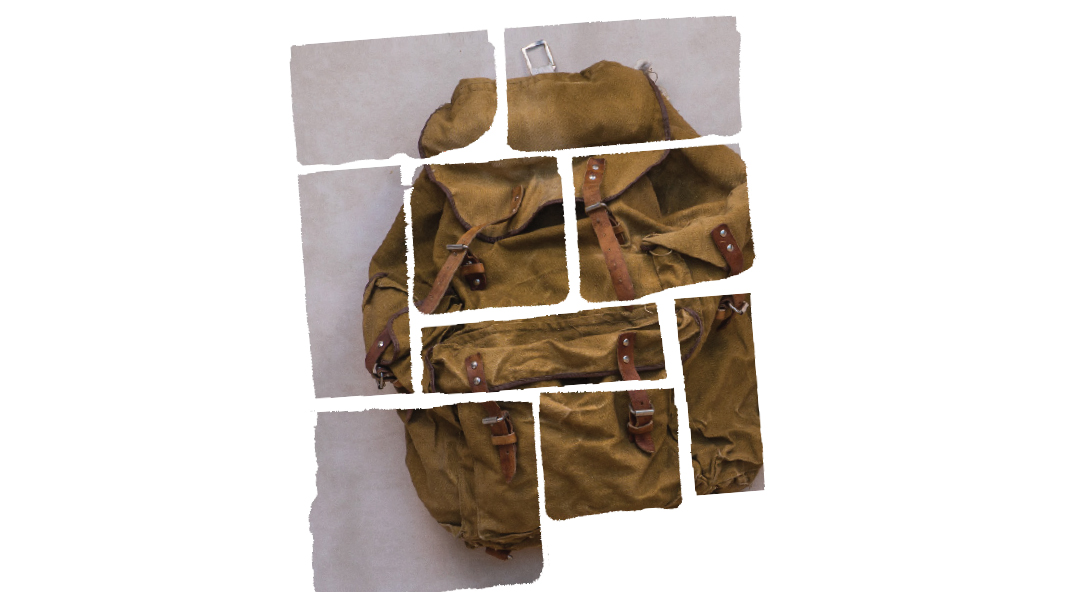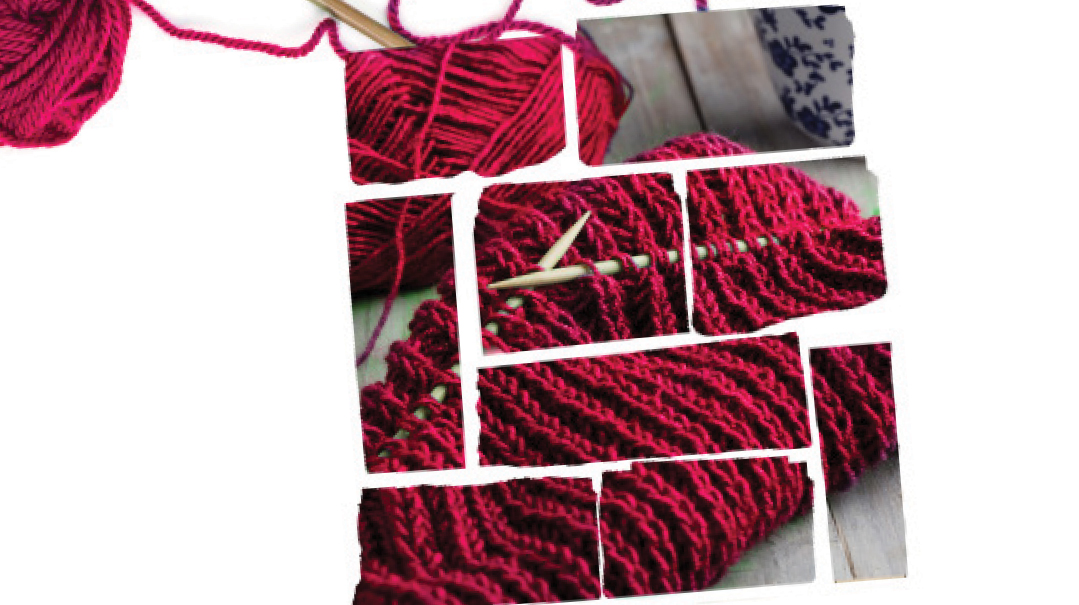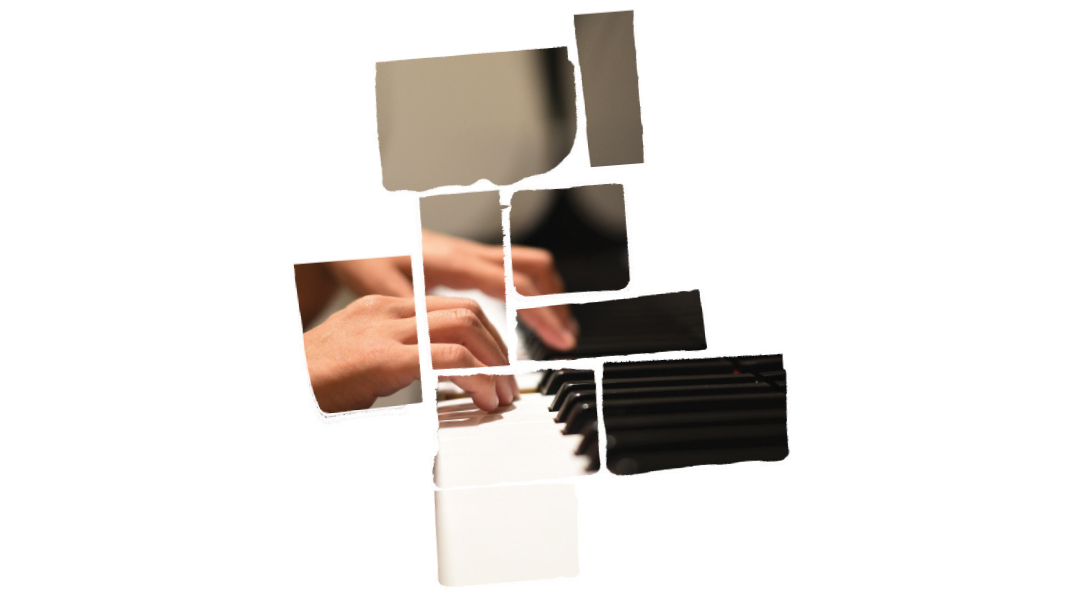Every Day of Your Life

“What do you think?” Reb Laizor thundered. “Without mussar I would be like that too!”

Laizor Milstein loved learning. His parents, proud of their young son’s passion, nurtured it — his father had always dreamed of having one child who would sit in the beis medrash rather than go out to work at a young age.
But young Laizor was troubled; was it fair for him to burden his parents with another mouth to feed if he wasn’t contributing to the household? Late one night, the determined bar mitzvah boy pocketed the few groschen he owned and shook his sister awake. “Don’t wake our parents,” he whispered. “But in the morning, tell them I’m fine. I’m going to yeshivah.”
He tried Brisk, then Mir, then Kletzk, before settling in Pinsk. In Yeshivas Novardok, he finally found his place.
But the rumbles from Germany got louder. As the Nazi party gained more and more power, the yeshivah moved to Vilna, where they occupied the beis medrash where the Gra had davened. As tensions heightened, the bochurim realized they’d have to disperse.
The rosh yeshivah, Rav Shmuel Weintraub, stood in front of the beis medrash and opened the aron kodesh. Turning to the bochurim, he addressed them one last time.
“The situation isn’t good,” he said, “and it will get worse. I want every one of you to open your Gemara, place your hand upon it, and be mekabel upon yourself that you will learn Torah every day, no matter what happens, until the day you die.”
Standing before the open aron kadosh, facing the holy scrolls, Laizor made the promise that would come to define his life.
Shortly afterward, Laizor heard that his parents were in the city of Lemberg. He packed his meager belongings, then hesitated. The rosh yeshivah had advised the bochurim to learn Chullin; with the future so uncertain, they might need to know hilchos shechitah. Laizor took a few blatt from a Maseches Chullin. He didn’t know what the coming days or months would bring, and he had a promise to keep.
But when Laizor reached Lemberg, he discovered that the information about his family had been an unfounded rumor. He immediately returned to Pinsk, only to discover that the yeshivah had disbanded; the bochurim were now in hiding, learning underground.
“Ribbono shel Olam!” he cried, “Why would you do this? Why take me out of yeshivah if not to reunite me with my parents?”
It took years before he realized that his journey had likely saved his life; he was one of the yeshivah’s only survivors.
Laizor remained in Vilna, staying with some bochurim from Kletzk. But he didn’t have any legal papers, and he was eventually caught, arrested, and sent to Siberia. There he was assigned to work in the fields.
Determined to minimize chillul Shabbos, when the sun set on Friday, he started digging with his shovel upside down. The Russian soldier supervising his work spat on the ground. “You dumb Jew! You can’t even dig?!”
Assuming the young man was a simpleton, he had him removed from his duties and given kitchen duty, where Laizor was able to avoid chillul Shabbos for the duration of his interment in Siberia.
Laizor also found himself a chavrusa — another bochur wrenched from the beis medrash, Dovid Meir Treibish. Each night, after a full day of grueling labor, they’d sit together, poring over the few pages of Maseches Chullin that Laizor had clung to. They were physically exhausted, yet they knew it was their learning that gave them life.
When the war ended, Laizor married Tzipora Gnatt, whose family had also been imprisoned in Siberia. The young couple moved to Lodz, where their oldest son was born amid pograms, then emigrated to America. He and his wife raised their seven sons and daughter.
Rav Laizor chose not to pursue any of the business opportunities offered to him, preferring to work as a rav and melamed. Life was busy — but always, always there was his learning. His was a life defined by ehrlichkeit, uncompromising integrity, and incredible hasmadah.
One day, one of his sons came home from yeshivah with a perturbed look on his face. “I just saw two Yidden fighting in the store,” he told his father. “I never saw two people cursing each other like that. Who would have thought Yidden could behave that way?”
“What do you think?” his father thundered. “Without mussar I would be like that too!”
The years passed. Rav Laizor’s children grew, married, and started their own families. One day, Rav Laizor felt pain in his chest. “It’s probably just a cold,” he brushed it off. But he went to the doctor just in case.
“You must go to the hospital immediately,” his doctor told him. “You’re having a heart attack.”
“Listen to me,” Rav Laizor told him sternly. “Don’t call Hatzolah. I need to go home first.” And he returned home, davened Maariv, and — of course — packed up his seforim. Only then did he check himself into the hospital.
After ten days in the hospital, Rav Laizor suffered another heart attack — and this one claimed his life. Shocked and grief-stricken, his children decided to bury him in Eretz Yisrael, where he’d always dreamed of living. Rav Laizor’s oldest son, Rav Moshe, asked Rav Yitzchak Ezrachi, his cousin in Eretz Yisroel, to arrange the kevurah and find a plot.
Since minhag Yerushalayim dictates that the niftar’s family doesn’t follow the aron, Rav Laizor’s sons went ahead to Har Hazeisim while the levayah was still taking place near the Mir. They were accompanied by Rav Avigdor Offen, an old friend of their father’s from his days in Siberia.
As they approached the plot, Rav Avigdor began shaking uncontrollably. “Are you all right?” they asked him. “Is this too much for you?”
He ignored their questions. “Who took care of finding a makom?” he asked. “How did you know?”
Startled, the brothers explained that someone else had taken care of all of the levayah arrangements.
“Look.” Rav Avigdor extended a trembling finger and pointed to the matzeivah of the kever immediately adjacent to their father’s.
Po nitman Dovid Meir Treibish.
It’s hard not to imagine them now, huddled together over the worn pages of a Gemara, continuing their chavrusashaft in the Yeshivah shel Maaleh, enjoying the sweet rewards of a promise kept.
(Originally featured in Family First, Issue 688)
Oops! We could not locate your form.












